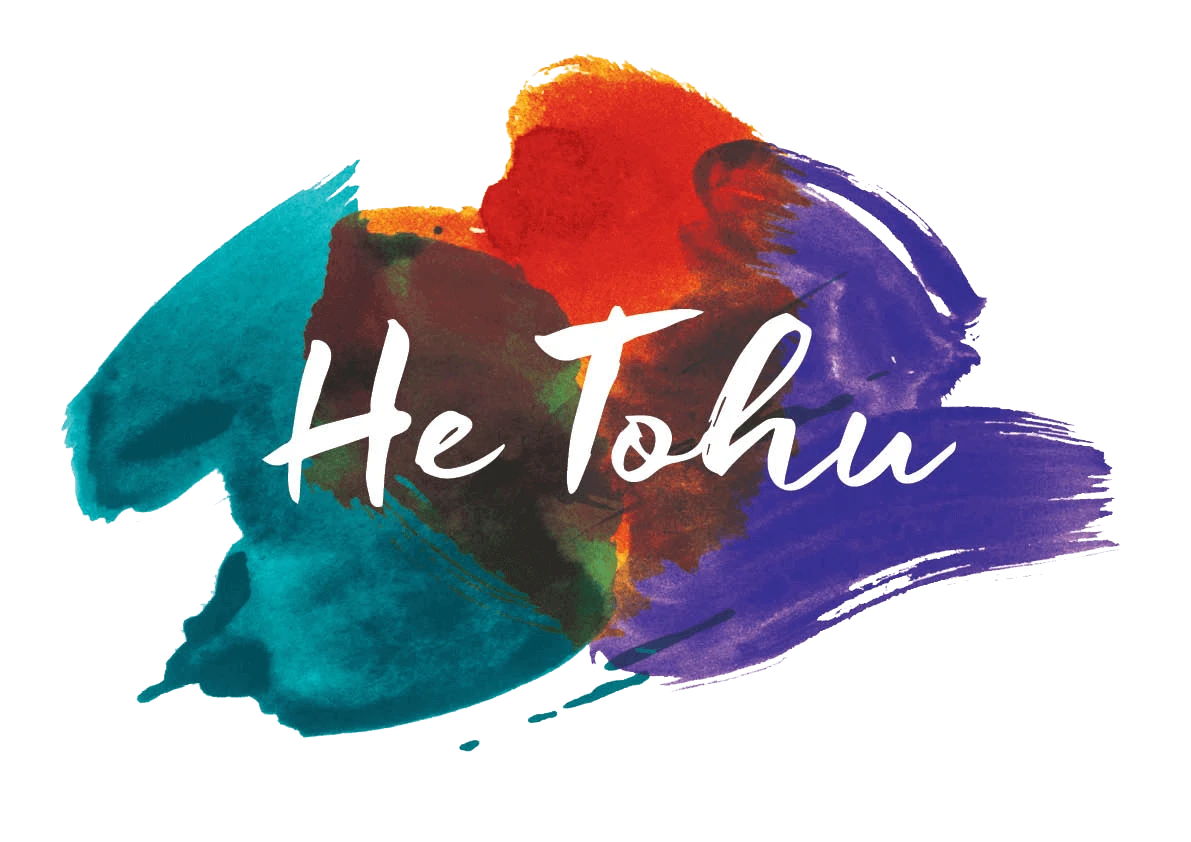No partnership in the Treaty?
Embedded content: https://youtu.be/mGjrhWKFljc
"The treaty is fundamental because it establishes that interdependence, which is such a fundamental corollary of our understanding of independence."
Speakers
Moana Jackson, Dr Donald Brash and Prof Dame Anne Salmond.
Transcript
Moana Jackson: The treaty is fundamental because it establishes that interdependence, which is such a fundamental corollary of our understanding of independence. It established the framework in which people who come here could have a relationship with us.
Dr Donald Brash: Let me be clear, I think the Treaty of Waitangi is a wonderful document, there are plenty of people who don't like the treaty for one reason or another, particularly European New Zealanders. Ah they feel there was something bad about the treaty, on the contrary, I think it was a tremendous document.
Prof Dame Anne Salmond: I think the deal in Māori was quite clear and but it, the difficulty here is that the deal in English was quite different.
Dr Donald Brash: But I'm dismayed at the extent to which it has now been reinterpreted to mean something which was never intended at the time.
Moana Jackson: The treaty to me has never been about treaty rights, it's always been about the rightness that comes from people accepting their obligations to each other. And that was a profound, and I think visionary, base upon which to build a country.
Dr Donald Brash: I think the implication that the treaty was in some sense a partnership between the crown and Māori chiefs. There is nothing about partnership in the treaty.
Prof Dame Anne Salmond: They were talking about tino Rangatiratanga on the one hand which the Queen was kind of supporting and agreeing to and kawanatanga which they were giving to the Queen, which on all, just about all readings now I think, people agree, was kind of agreeing to have a governor.
Dr Donald Brash: On the contrary the article, the first article of the treaty makes it unambiguously clear that chiefs were ceding sovereignty to the Queen. There was no partnership in, involved in that at all and I think the modern reinterpretation of the treaty is quite wrong.
Prof Dame Anne Salmond: The role of a sovereign is at a level that is far higher than the role of a governor and so to use kawanatangas a sort of translation equivalent to sovereignty doesn't work.
Any errors with the transcript, let us know and we'll fix them. Please add the link to the page you are emailing us about. Email digital-services@dia.govt.nz
